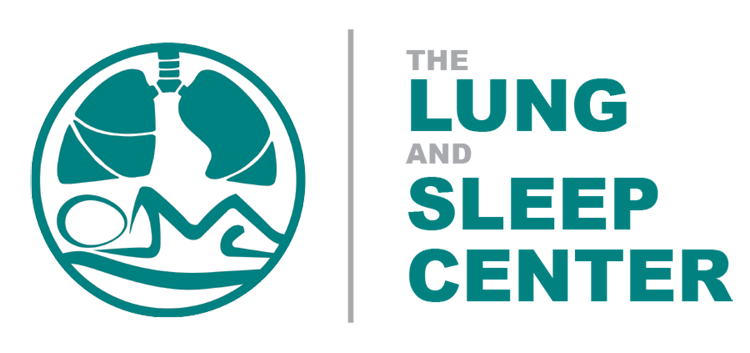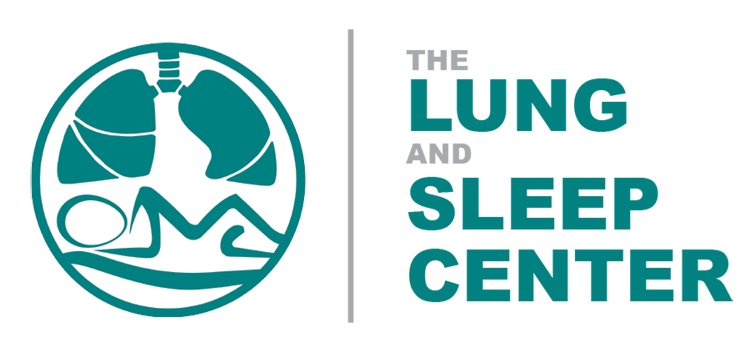Complete Pulmonary Function Testing
As the name implies, pulmonary function tests (PFTs) measure how well the lungs are moving air in and out. They also measure how well the lungs are moving oxygen to the blood. These breathing tests use special equipment and are done by trained staff in a hospital or office setting. Most are done by blowing into a tube while you sit in a chair.
Individuals with COPD often have abnormal PFT results which suggest airway blockage and air trapping. Similar changes can be seen in some other lung conditions, such as asthma. If the lung function testing includes a diffusing capacity (DLCO) test, a low value suggests emphysema.
Many factors can affect the results of these tests. These include the current health of your lungs, the skill of the person testing you, your effort and the type of equipment used. PFTs are helpful in measuring the effects of lung medicines on lung function. They can also determine how serious are the disorders affecting the airways or other lung tissue. PFTs are helpful when preparing for lung surgery.
Before the day of your test, you may receive specific instructions on how to prepare for PFTs. These instructions may include:
- Asking you to not use certain kinds of medicines for a specific time period prior to your test, especially inhaled medicines.
- Asking you to wear loose clothing and avoid large meals prior to your test time. This will ensure that you can take deep breaths and perform the tests well.
You will get instructions right before each test. If you do not understand any of these instructions, ask questions! For best results, listen carefully and follow the coaching. Ask for a short rest between each of the tests if you become tired. If you normally use oxygen during the day, bring your oxygen with you.
Source: WebMD
https://www.webmd.com/lung/copd/diagnostic-tests
Children
Addiction is the need for a substance or behaviour that feels out of control. It is a habit that involves the building up of tolerance, often experienced as always needing more to feel satisfied. Addiction affects both the brain and the body, seriously disrupting people's efforts to live a satisfying life. Addiction is an illness that effects each of us in different ways, and often affects diverse aspects of a person's life.
Couples
Addiction is the need for a substance or behaviour that feels out of control. It is a habit that involves the building up of tolerance, often experienced as always needing more to feel satisfied. Addiction affects both the brain and the body, seriously disrupting people's efforts to live a satisfying life. Addiction is an illness that effects each of us in different ways, and often affects diverse aspects of a person's life.
Addiction
Addiction is the need for a substance or behaviour that feels out of control. It is a habit that involves the building up tolerance, often experienced as always needing more to feel satisfied. Addiction affects both the brain and the body, seriously disrupting people's efforts to live a satisfying life. Addiction is a subjective illness that may affect each of us in different ways.
Let's Talk
The first step in therapy is talking. Let's find a time where we can meet and talk about what's on your mind.


